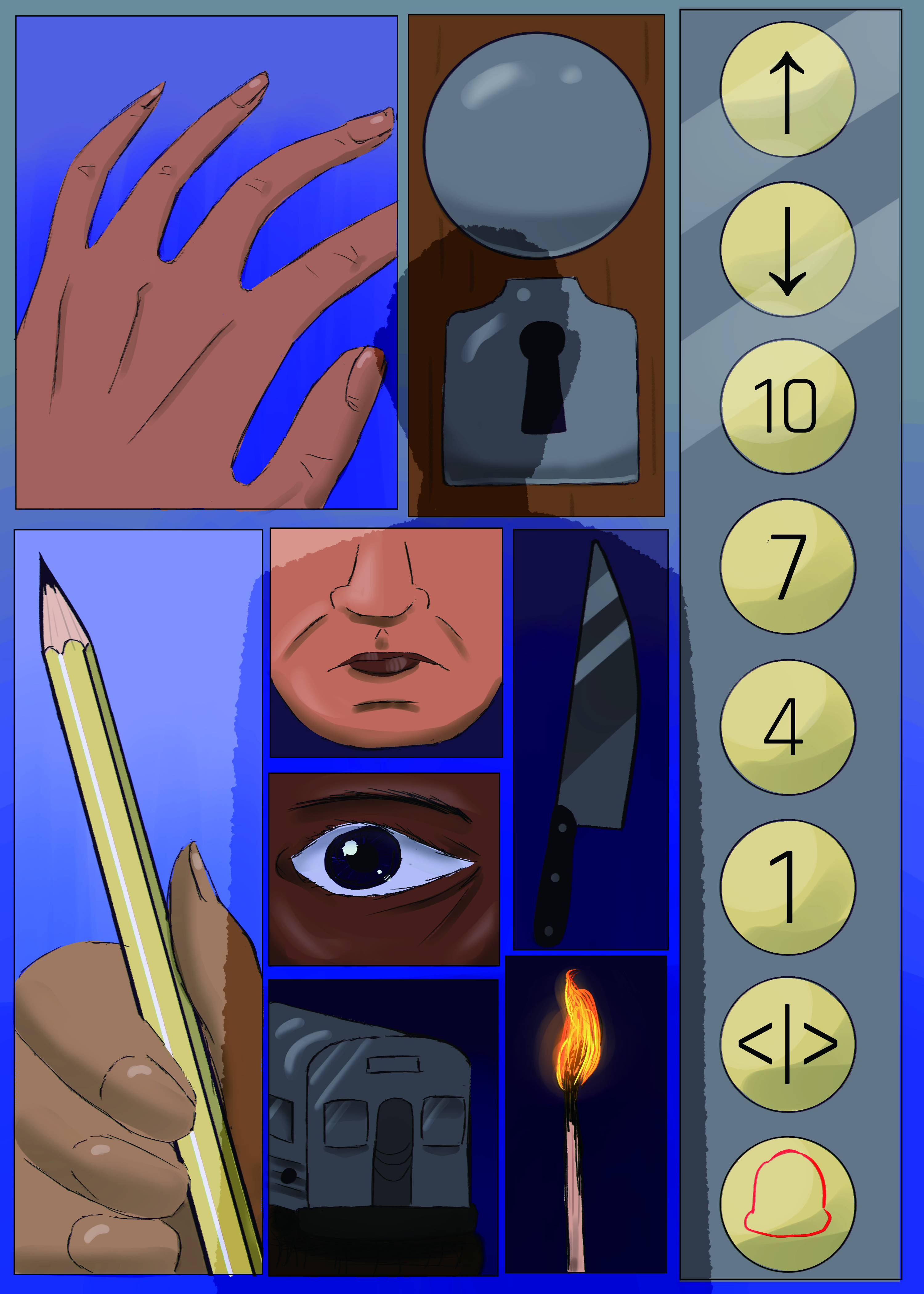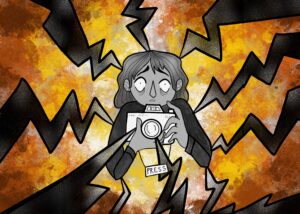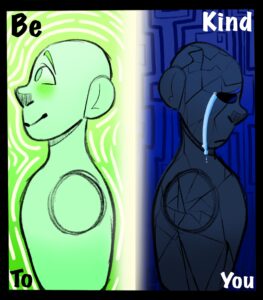More and more people are experiencing amplified symptoms of Obsessive Compulsive Disorder and mysophobia since the COVID-19 Pandemic. In a study published by Current Psychiatry Reports, 32% of those already diagnosed with OCD reported worse symptoms in the peak of the pandemic. However, people may be experiencing signs of OCD without even knowing it because stereotypes and misinformation about the disorder are common.
Before I could even pronounce the word properly, I was telling people was uncomfortable. This was perhaps one of my first signs of OCD as a child. At this time I could neither say the word “comfortable” correctly nor express my feelings of anxiety. Later I would develop an affinity for the number eight, as there were eight people in my immediate family at the time. After that, I felt the need to say “see you later” instead of “goodbye” out of fear of something bad happening to someone I love if I did not.
To my relief, I was finally diagnosed with OCD in the eighth grade after years of this constant and seemingly inexplicable anxiety. Many people share similar experiences today, but aren’t aware of the many various symptoms that characterize OCD outside of the stereotypes of cleanliness and perfectionism. Before my diagnosis, I had never even considered that I might have something like OCD, but I felt an incredible sense of relief and clarity. Finally, my symptoms made sense.
More and more of those who have had COVID-19 themselves, lost someone due to it, or simply lived through the pandemic are reporting increased anxiety and obsessive behavior. This may come as no surprise. The outbreak of COVID-19, which is highly contagious, caused increased emphasis on cleanliness and sanitation virtually everywhere. Hand sanitizer, Lysol wipes, face coverings and hand washing infographics posted in public restrooms may come to mind when you consider these past few years. For over two years and even continuing into today, hygiene and germ spreading prevention have been placed upon the highest peak. Not only did this cause poorer symptoms for people already diagnosed with OCD, according to a study by the International Behavioral Neuroscience Society, but social distancing, constant sanitization and hand washing also helped rationalize such ritualistic behavior. The enforcement of mask-wearing and other preventative measures only exacerbated this illness which responds well to treatment by exposure, an article by psychology professors Leonardo F. Fontenelle and Euripides C. Miguel said.
Both OCD and mysophobia are similar in nature and in some cases may coexist with OCD. Psych Times describes mysophobia as an “extension” of OCD, or a specific set of symptoms. The stereotypical understanding of OCD is more related to mysophobia, or an intense fear of germs, which may result in excessive cleanliness.
While many people across the world may now be more aware and vigilant about the importance of cleanliness in the prevention of spreading diseases, many may still not be aware of how their hygiene behaviors might relate to an OCD diagnosis. This can, in part, be attributed to the stigma surrounding mental health and specifically obsessive-compulsive behaviors. Many may not understand the full scope of what OCD might look like, as it greatly varies from person to person. By increasing awareness of all types of symptoms, those struggling with the negative mental aftereffects of COVID-19 can seek proper care.
Some people may not be accepting of many people who experience OCD because of the symptoms these people may face. For example, some compulsions of those with OCD could be frequent and obsessive “double-checking” that the door is locked or that you turned the stove off before you left the house. Others might have uncontrollable and unwanted thoughts that they might harm someone else or themself, or even upsetting unintentional sexual thoughts. My OCD symptoms take many of these forms. I often find myself picturing vivid images of car crashes while I’m driving or constantly repeating a motion a specific number of times or until it “feels right. So much of the full scope of OCD goes far beyond cleanliness, organization and perfectionism. When more people are educated on these symptoms, more can begin to seek the treatment needed to improve their mental health and become more “comfortabolt.”







Be First to Comment